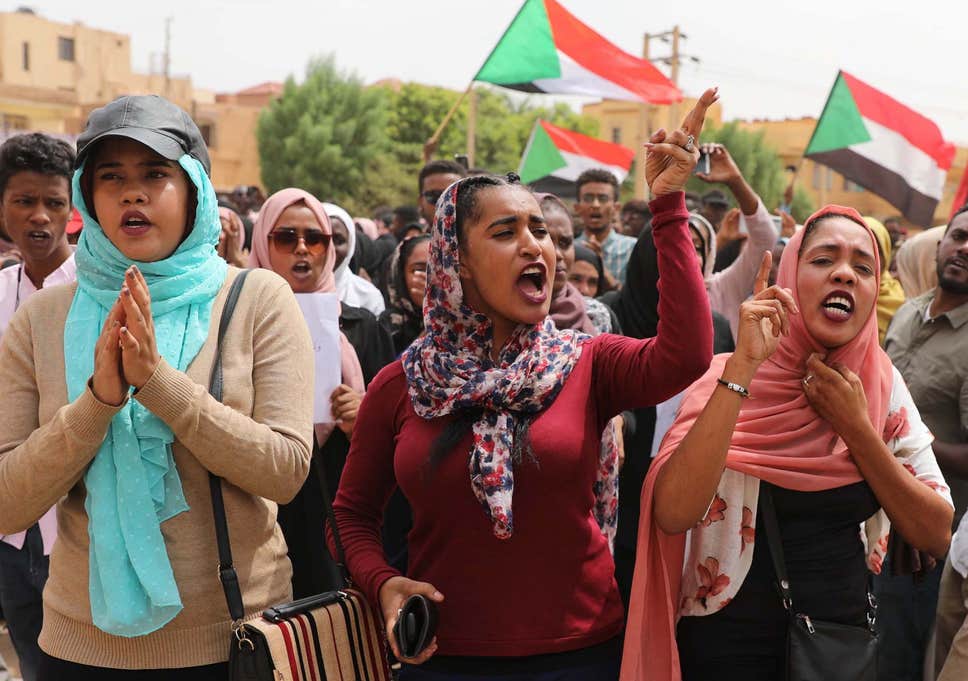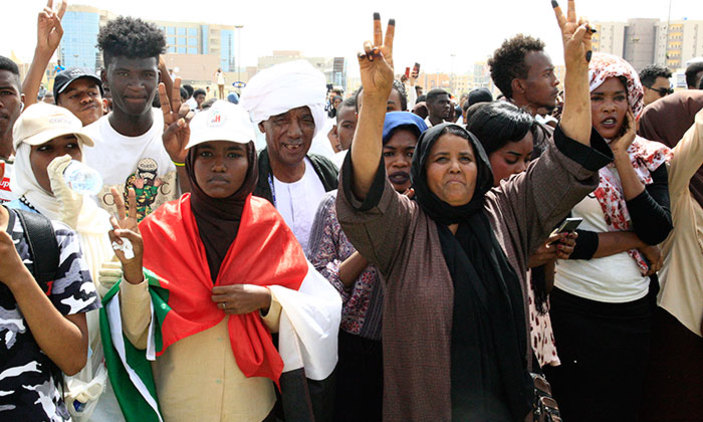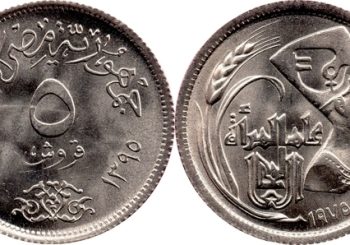In a bid towards women empowerment, Sudan abolished its ‘Public Order’ law – a law that dictated how women dress and act in public -which was put in place by ousted President Omar Al Bashir.
The ‘Public Order Act’ was instated in 1996 in Khartoum, seven years after the Islamist backed party of Bashir took power through a military coup. It punishes the violators through flogging, heavy fines and up to five years imprisonment.
According to human rights organizations, the Bashir regime used the Public Order Act as a weapon against women in particular. Security forces arrested women for “the most insignificant reasons”, such as attending private parties, wearing trousers, not wearing hijab in public, or mingling with men.
Sudan’s state news agency SUNA said that after a 14-hour session on Thursday, the decree was abolished alongside the National Congress Party – Bashir’s ruling regime.
On his official Twitter account, Prime Minister Abdalla Hamadok described the law as “notorious for being used as a tool of exploitation, humiliation & violation of rights. Many have used this law for financial & psychological exploitation.”
He added that “Along the way a lot of women and youth endured confiscation of their belongings and unforgettable harm… I pay tribute to the women and youth of my country who have endured the atrocities that resulted from the implementation of this law.”
The law also imposed heavy penalties on alcohol drinkers and their makers, and was also used to hunt down “tea ladies” who sell tea and food on the sidewalks.
Since the formulation of a transitional government, Sudanese women – who have been on the forefronts of the revolution – have seen major power. Four Sudanese women were appointed as ministers out of eighteen positions formed on the 5th of September: Asma’a Mohammed Abdullah will assume the role of Foreign Minister, Intisar al-Zain Saghirun as Minister of Higher Education, Lina al-Shaikh Mahjoub as Minister of Labor and Human Resources Development, and Wala’a Essam al-Boushi as Minister of Youth and Sports.
In 30 June 1989, the ousted Sudanese president Omar El Bashir was sworn in to power in a coup. 30 years later he was toppled after 4 months of protests and a mass sit-in.
The protests were triggered by recent economic hardships leaving civilians hopeless. Prices of bread have doubled to three pound per piece of bread. The limited supply of petrol has queued citizens for hours at gas stations across the country and empty ATMs have left people cashless. The highest price for 1 USD equals SDG 72 in the black market as of April 2019, up from around SDG 20 in last January 2018.
The chants “zanagat, zanagat”, which roughly translates to it got too tight, took over the streets of Atbara where they burned down the National Council Party headquarters in December 2018.







Comments (0)